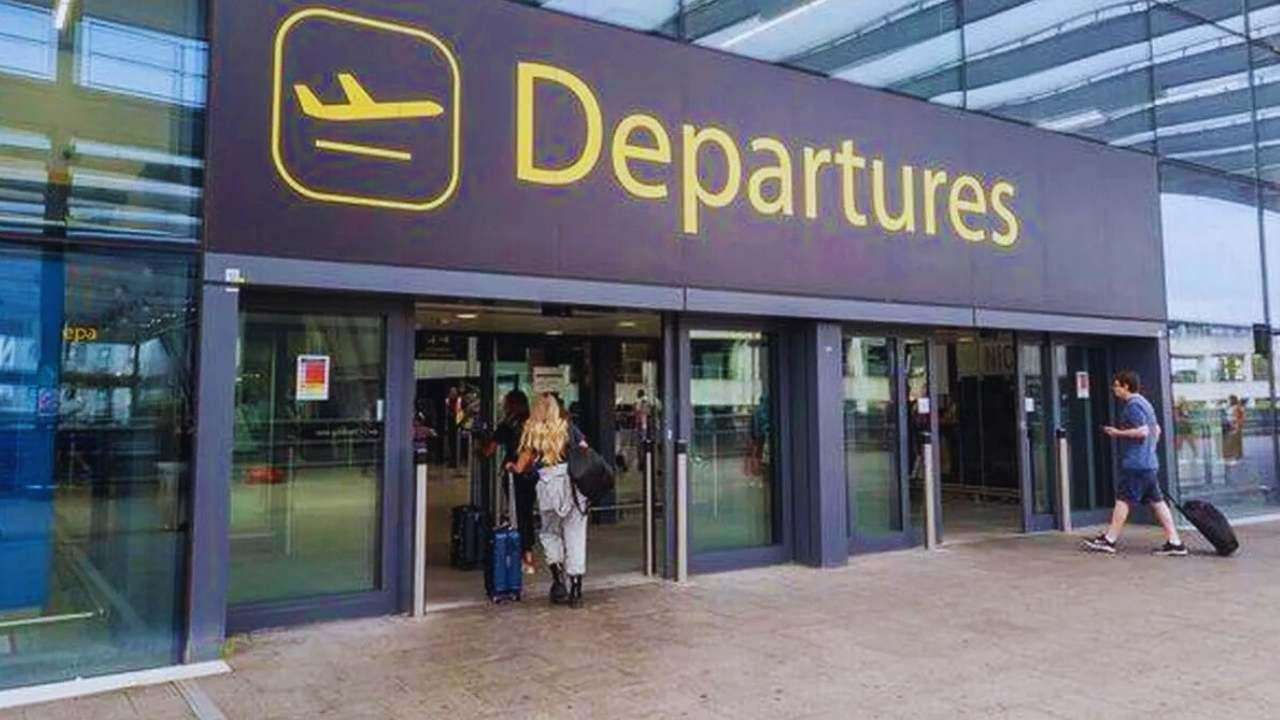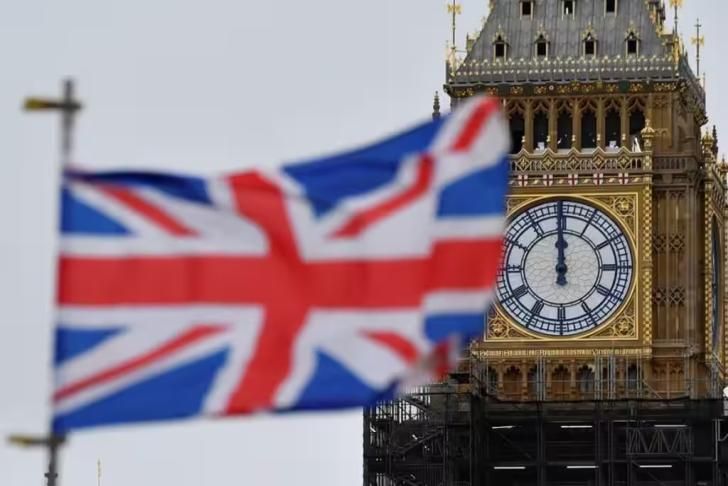The administration is seeing the expected outcomes from the United Kingdom's new immigration and international student regulations. This week, the Home Office released fresh data demonstrating the immediate impact of new immigration regulations on the number of people applying for work and study permits in the UK.
The first quarter of 2024 had an almost 80% decrease in student-dependent applications when compared to the same period in 2023.
The United Kingdom’s government has made significant modifications to its immigration and international student enrollment policies. The updated student visa regulations are in force from January 2024, with some changes expected later in the year.
The ultimate objective of the UK government is to reduce the net migration rate. The most recent official estimates suggest that net migration in the year to June 2023 was 672,000, up significantly from pre-pandemic levels but lower than the 745,000 who arrived in the year to December 2022.
Students and Dependents Visas
The new UK visa policies introduced a significant restriction on granting dependents visas. UK universities are implementing stricter visa restrictions, limiting international students to enroll family members or dependents in postgraduate research programs funded by government subsidies.
Further, switching visas before completion of course has prevented backdoor work thus clamping down on institutions selling immigration instead of education.
Health and Care Visa
The published figures also reveal that in the first quarter of 2024, dependant applications on the Health and Care visa continued to significantly outnumber main applicants. Doctors, nurses and other allied health professionals remain able to bring dependants.
The UK government has been consistently clear that dependant visa numbers have been both disproportionate and unsustainable, which is why decisive action was taken to restrict care workers from bringing dependants.
This measure came into effect on March 11, meaning its impact will be fully shown in future statistics.
In parallel, care providers acting as sponsors for migrants in England are now required to register with the industry regulator, the Care Quality Commission (CQC), to crack down on worker exploitation and abuse within the sector.
The UK government is now of the opinion that there is clear evidence that care workers have been offered visas under false pretences, recruited into non-existent jobs or paid far below the minimum wage required for their work, exploiting them while undercutting British workers.
Salary Threshold
The new data also includes the final data before the general salary threshold for those arriving on the Skilled Worker visa rose from £26,200 to £38,700, meaning the impact of this measure will also be revealed in future statistics releases.
Finally, the Migration Advisory Committee (MAC) has been commissioned to carry out a rapid review of the Graduate route for international students to prevent abuse, protect the integrity and quality of UK higher education. The Shortage Occupation List has also been replaced with a new Immigration Salary List, with employers no longer able to pay migrants less than UK workers in shortage occupations.








.svg)
